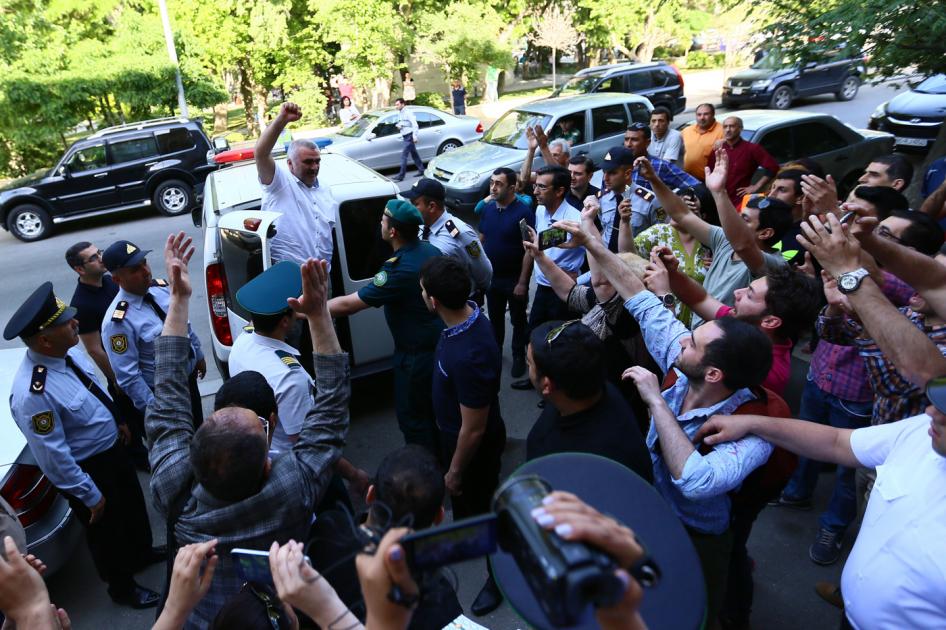With the adoption of the Universal Declaration of Human Rights 70 years ago, governments around the globe committed to making peace, democracy and justice a reality for all. We, national, regional and international institutions have worked towards that objective, striving to improve the life of hundreds of millions of people around the world. However, that work remains incomplete as poverty, armed conflicts, oppression, inequality and discrimination are still a reality for so many people.
Better laws and policies are certainly necessary, but to keep the promise of a life with equal opportunities for all, we must ensure that people understand and support human rights. Regrettably, the past few years have seen the emergence of a discourse that is deeply hostile to human rights. Many people perceive the issues as irrelevant for them, or feel excluded from the discussions.
This widespread feeling has many causes. One is certainly the failure of governments, parliaments, international organisations, national human rights structures, schools and the media to reach all by showing how human rights matter for everyone.
For this reason, we, as leaders of human rights institutions, meeting today in Geneva, commit to improve our public communication to successfully promote and protect human rights.
We acknowledge the disaffection of certain parts of society with the prevailing human rights discourse; we understand that engaging differently with those who feel left behind is an important function of every human rights organisation;
We recognise the challenges inherent to communicating about rights and commit to take a critical look at our own work and how we can effectively communicate about the importance of human rights, redoubling our efforts to listen and reach out to the critics and the indifferent;
We commit to gear our communication not only to policy makers, but also towards broader sections of society – like the youth, businesses and the marginalised, using suitable means of communication, and to nurture a culture of human rights that can help societies become more cohesive and resilient;
We call on all human rights defenders and supporters, national, regional and international human rights structures, civil society representatives, governments and policy makers, media, academia and business groups to work together to contribute to better representation, communication and understanding of human rights values across the globe; and
We pledge to work harder and improve the way we reach out to people, in order to build a broader and stronger support for human rights and make the promise made 70 years ago a reality for all.
Office of the United Nations High Commissioner for Human Rights
Office of the Council of Europe Commissioner for Human Rights
EU Fundamental Rights Agency
ENNHRI
GANHRI




















































